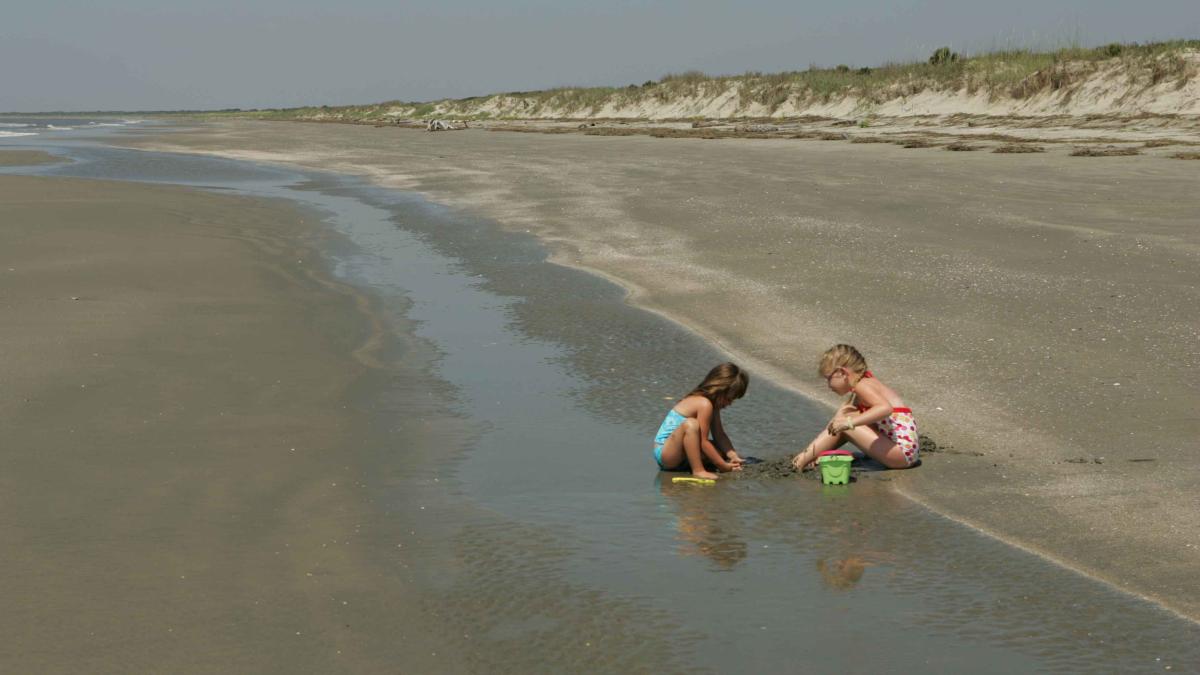
Northwest Center for Evidence-Based Public Health Emergency Preparedness and Response launches with funding from U.S. Centers for Disease Control and Prevention
The new University of Washington (UW) Northwest Center for Evidence-Based Public Health Emergency Preparedness and Response launched this week with $978,000 from the U.S. Centers for Disease Control and Prevention (CDC) to support its first year.
The new center will be led by the UW Center for Disaster Resilient Communities (CDRC) in partnership with the Northwest Center for Public Health Practice. Nicole Errett, an associate professor in the UW Department of Environmental and Occupational Health Sciences (DEOHS), will serve as director.
“The vision is to create a more resilient region by building our capacity to prepare for, respond to, and recover from disasters,” said Errett. “This investment will allow us to consistently work alongside our public health partners to improve evidence-based practice.”
The new center will serve Alaska, Idaho, Washington, and Oregon as part of a national network of ten regional centers designed to help communities prepare for and respond to public health threats. The CDC Office of Readiness and Response selected these centers based on their ability to enhance local public health preparedness and response capacity by helping develop and implement evidence-based strategies and interventions. This will be done by working with various local entities including state and local health departments, hospitals and community-based organizations.
Betty Bekemeier, Director of the Northwest Center for Public Health Practice, said she is “thrilled to be a part of this super important effort to build capacity in our region to prepare for and mitigate the impact of new public health emergencies. It’s long overdue for us all to be able to work on this more fully and deeply together.”
The new award to the UW’s center includes $193,000 to work directly with Tribes to develop, share, and implement strategies to build resilience. “Dedicated funding for Tribes will allow us to follow the lead of our tribal partners across the region to develop culturally relevant strategies and interventions to help prepare their communities for disasters and public health emergencies,” said Errett.
The CDRC, which leads the new center, is a UW-wide center supported by the UW Population Health Initiative. The CDRC launched in September 2023 and brings together more than 100 UW faculty with expertise on topics ranging from disasters to data, environmental science, public health, medicine, public policy and planning. These experts offer resources and technical assistance to help communities prepare themselves for potential disasters. Errett also directs the CDRC.
Last year the CDRC received a contract from the CDC to lead the development of a five year workplan for the center. The CDRC also brought together partners to develop a distinct workplan for the center to address the needs and priorities of CDC Region 10’s 272 Tribes.
These efforts led to the identification of three focus areas for the center: 1. assessing and addressing current capabilities and future hazards, 2. communications, and 3. building workforce capacity and leadership. These focus areas will guide the efforts of the new center.
Other faculty involved in the new Center include:
Betty Bekemeier, Director of the Northwest Center for Public Health Practice, Bekemeier will be responsible for training and technical assistance and lead the “Dissemination Core.”
Resham Patel, Assistant Teaching Professor, DEOHS, Patel will serve as deputy director, lead communities of practice, and organize a regional conference as lead of the “Collaboration Core.”
Tania Busch Isaksen, Teaching Professor, DEOHS, Busch Isaksen will co-lead pilot and evaluation projects, tribally-focused work, and the “Implementation Core.”
Jamie Donatuto, Affiliate Associate Professor, DEOHS, Donatuto will co-lead pilot and evaluation projects, tribally-focused work, and the “Implementation Core.”
For more information contact Nicole Errett at nerrett@uw.edu

